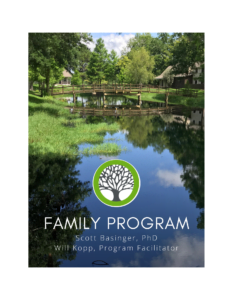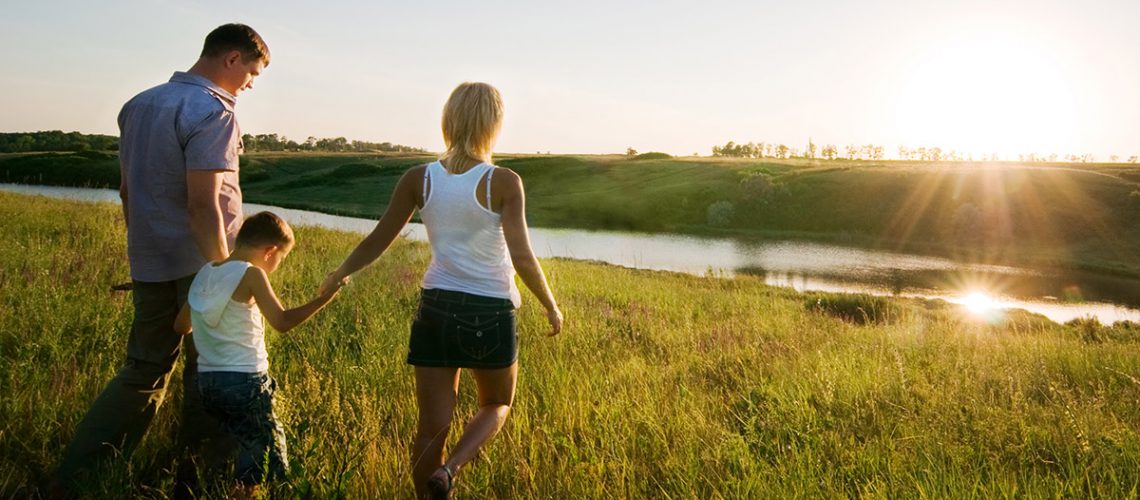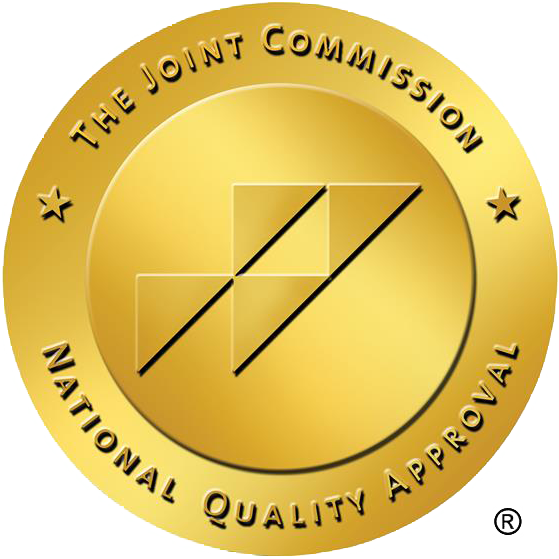
“Addiction truly is a family disease. When a member of the family becomes addicted to drugs or alcohol, the entire family is affected. “Family” includes not only the nuclear family, but also the work family. Picture a mobile, perfectly in balance. When one of the pieces of the mobile is removed, the entire structure is thrown out of balance. This “out of balance” happens in the family system, and chaos and dysfunction occur. Family members take sides. The entire family system is disturbed. Tension, anxiety, and stress build to intolerable levels. Families become polarized. Family members take sides. Loved ones fight over control issues. Divorces are common (>65%). Finances are depleted in an attempt to help the addict.
How and why does this happen? What IS addiction? Why is it so destructive and toxic to the dependent and to families? Here is a fairly complex definition:
“The condition of having a pathological, compulsive, destructive relationship with a particular substance, thing, or activity and/or the state of being enslaved to a habit or practice or to something that is psychologically or physically habit-forming, as narcotics, to such an extent that its continuation and/or cessation causes severe trauma”.
That’s what it is, in medical/psychological terms! But why do a significant number of people become addicted?
In simpler terms, people use harmful substances or behaviors:
- To cope with unhealed pain or trauma, often old & deep, that is used to “medicate” the underlying “dis-ease”. An “outside solution for and inside job”
- Hallmarks of addiction
- Loss of the power of choice.
- Continuation despite adverse consequences.
- Denial, Preoccupation, and Obsession.
- Cause: Nature and/or Nurture, meaning inherited or the result of traumatic event(s).
- Drugs and certain behaviors alter the brain to the point where not having the drug or behavior becomes extremely uncomfortable and emotionally painful – this is called craving and withdrawal.
This compelling urge to use is known as addiction. Once the addict has “crossed the line”, and the brain has been changed, rarely will there be a return to normal without a significant intervention. At this point, the addict is in a FULL TIME RELATIONSHIP with the substance or behavior. He/she is NOT emotionally available, and thus creates a toxic environment in the family.
The stages of the descent into addiction are: USE, ABUSE, DEPENDENCE, & finally full-blown ADDICTION. The “line” is crossed in deep dependence.
So now we know exactly what addiction is, but the important question is why do some people become addicted?
Cause(s) of Addiction: It’s Complicated! National data suggests that about 10% of the population has a chemical dependency. Process addictions, like sex/porn, food, relationships, etc. are higher. For example, obesity is currently > 35% in the US.
Nature vs Nurture, meaning genetic predisposition (nature) vs trauma (mal-nurtured)
Nature: There is no “addiction gene” but rather a complex set of genes that make up our reward system, and clearly our neurochemistry is altered in addiction. Data shows that children of alcoholics either become alcoholics, marry an alcoholic, or both! These children are 4x-10x times more likely to develop an addiction.
Nurture: Traumatic childhood events are called adverse childhood experiences (ACE). They include but are not limited to:
- being sworn at, insulted or humiliated by parents.
- being pushed, grabbed or having something thrown at you.
- feelings that your family didn’t support each other.
- having parents who were separated or divorced.
- living with an alcoholic or a drug user.
- living with someone who was depressed or attempted suicide.
- watching a loved one be physically abused.
These traumatic and abusive events lead to fear and a feeling of abandonment. These result in low self-esteem and self-worth. To relieve these feelings, we seek “medication” and develop chemical or process addictions. Clearly, trauma leading to addiction is individual – not every abused child becomes a drug addict, but many do if help and the rebuilding self-esteem is not available or provided.
The FAMILY IN RECOVERY
What does family recovery look like? Here are the 4 C’s that are the core of family recovery – you must accept these 4 C’s!
- You didn’t CAUSE it.
- You can’t CONTROL it
- You can’t CURE it
- But you can CONTRIBUTE to it – it’s called Enabling
The Family System must commit to TRUTH, TRUST & TRANSPARENCY.
Recovery tools for everyone in the family.
- Spirituality is the platform on which recovery is built – everyone needs their own Higher Power.
- God as I understand God
- Must treat the whole family and any significant others.
- Al-Anon and Family Week are essential.
- Therapy is a beneficial Family systems and cognitive behavioral therapy are effective. Group and/or individual.
- Identify and heal the underlying “wound(s)”.
- Forgiveness & Reconciliation
- Stay honest, open minded, & willing.
- Your Enemies – Denial & Enabling
In conclusion, once you understand addiction, and stop trying to control it and/or the addict and build a spiritual platform on which to begin recovery, peace and serenity will begin to return. You have a chance to join the millions of others who have healed the Family System and experienced their former dysfunctional and toxic family become loving, nurturing, and whole again.
May God bless you and keep you until then.” ~ Scott Basinger PhD
At The Orchard on the Brazos, family members will experience their own in depth program of recovery. We call this experience family day, and residents will invite their family members to participate when the treatment team feels it’s appropriate. Studies have shown that if the family recovers along with the dependent, there is a much higher chance of success for long term sobriety.
The Orchard on the Brazos is an inpatient, adult co-ed treatment facility for drug and or alcohol addiction. We offer medically supervised detox along with a 30/60 day treatment program. Located on the banks of the Brazos river, just outside of Houston, Tx. The Orchard offers a home away from home experience for healing, with six custom built houses and all private rooms for our residents. If you or anyone you know needs help please call Jayne Sullivan at 713-296-7511 or email Jayne@theorchardrecovery.com


